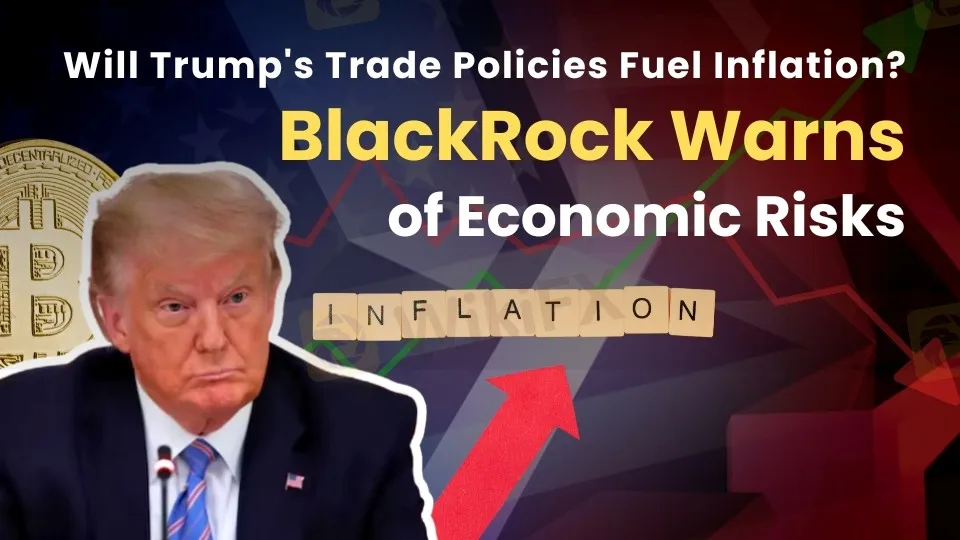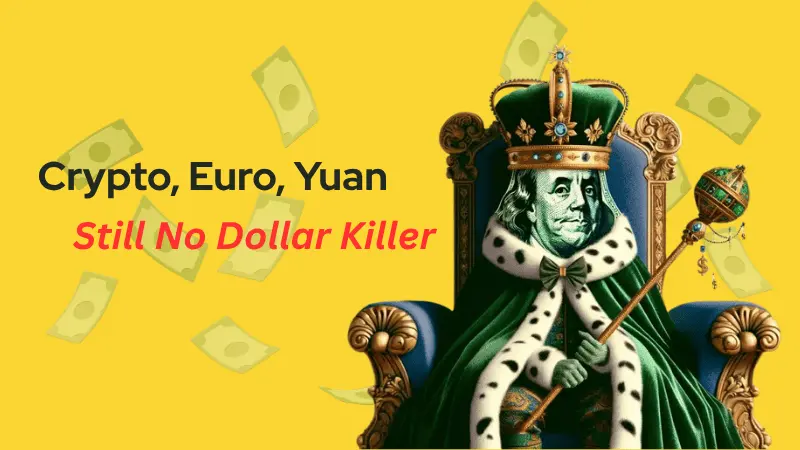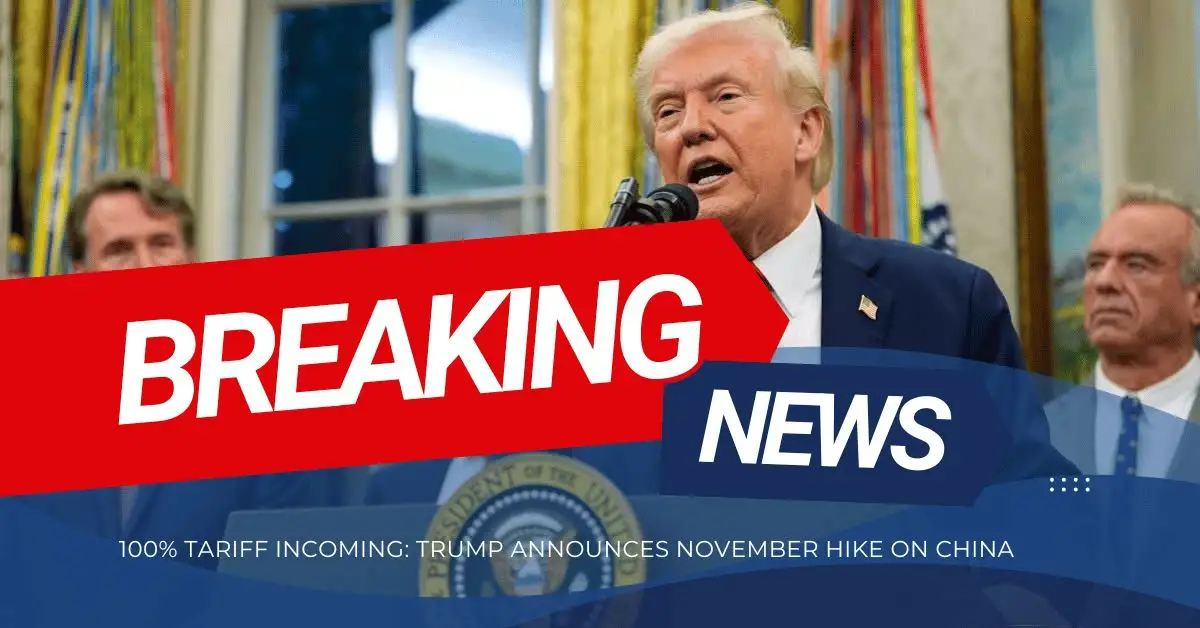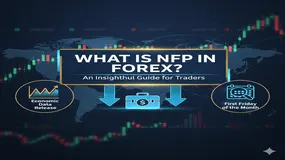Abstract:Bitcoin and crypto prices plummet as recession fears and inflation warnings shake markets. Experts warn of prolonged economic challenges ahead.

Bitcoin and cryptocurrency prices have plummeted, mirroring a larger drop in stock markets as mounting concern about a potential meltdown. The price of Bitcoin has fallen below $80,000, dragging the whole cryptocurrency market down with it. In only one month, the crypto space has lost a whopping $1 trillion in value. Despite some hopeful traders hoping for a “game-changer” from US President Donald Trump, the steep drop continues.

The drop comes after Elon Musk, the tech tycoon, issued an unexpected warning about cryptocurrency price volatility. BlackRock CEO Larry Fink added fuel to the flames by warning that Trump's trade policies may cause inflation. According to Reuters, Fink stated at the CeraWeek conference, “I think if we all become a little more nationalistic—and I'm not saying that's a bad thing, you know, it does resonate with me—that it's going to have elevated inflation.” This kills hopes that the Federal Reserve would cut interest rates in 2025, as many investors expected.
Meanwhile, an economic storm is brewing. Goldman Sachs economists now expect a 20% possibility of a US recession within the next year, up from 15%, citing Trump's economic program as a “key risk.” Similarly, Yardeni Research has increased its recession probability from 20% to 35%, citing “Trump 2.0's head-spinning barrage of executive orders, firings, and tariffs.” These moves have caused market volatility, with bitcoin and cryptocurrency prices taking the brunt of the damage.

Federal Reserve Chair Jerome Powell has indicated that there is no need to decrease interest rates, citing a strong job market and inflation's mixed progress toward the Fed's 2% objective. According to the CME FedWatch Tool, traders expect rates to remain unchanged at the forthcoming March meeting, however, opinions differ on a likely May decrease. This week's consumer price index (CPI) data in the United States, which is scheduled on Wednesday, might further rattle markets. According to Bloomberg, consumer prices likely climbed in February, reflecting the Fed's tough struggle against inflation and stoking concerns about stagflation—a toxic mix of economic stagnation and rising expenses.
Sean Dawson, head of research at Derive.xyz, a decentralized options trading platform, stated via email: “This market downturn is largely driven by broader economic concerns, including fears of a U.S. recession and persistent inflation.” He went on to say, “The market is facing significant challenges as the macroeconomic environment worsens, and crypto assets are no exception.” when adverse sentiment grows, traders turn to downside hedging techniques, especially when volatility rises in both traditional and cryptocurrency markets.
As bitcoin and crypto values fall, the next several weeks will be crucial. Investors are anticipating how these economic shocks, exacerbated by Trump's policies, inflationary pressures, and recession fears, would affect digital assets. Volatility is on the rise, and the cryptocurrency market, once a beacon of speculative hope, now reflects the global economy's instability. It's unclear if this is a brief drop or the beginning of a larger catastrophe, but the stakes have never seemed higher.












